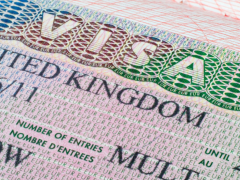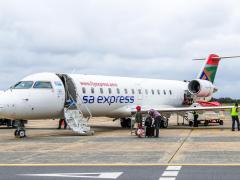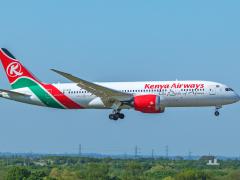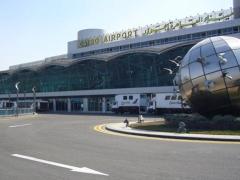Revenge Travel was essentially one of the clearest trends that developed in response to the COVID-19 pandemic and its associated travel restrictions.
The term describes the wave of travellers wanting to make up for lost time and missed experiences during the pandemic. And while travel might have been permanently altered by trends relating to COVID-19, it appears that Revenge Travel will not continue indefinitely, especially under current inflationary pressures.
A recent Travel News poll revealed that 35% of travel agents don’t expect the Revenge Travel rush to last past the end of 2023, but 26% of respondents think the phenomenon has longevity.
Data from South African Tourism shows that from January to August 2022, South Africans booked 21,3 million room nights domestically, compared with the 8,9 million in the same period in 2021 and the 13,8 million local consumers booked in 2019.
VFS Global has reported that the number of visa applications processed from South Africa January to May 2023 had already exceeded the 2021 total year volume, and by end of May, applications had reached nearly 70% of 2022 volumes. Schengen countries like Italy and the Netherlands have emerged as the top destinations for outbound travel from the South African market judging from visa application volumes, along with Canada and Australia.
The end of the spend
Carol Ann Williams, Senior Consultant at Sure Maritime travel told Travel News that she had many clients who just wanted to get away and spend time with family and friends after the constraints of the worldwide lockdown and the regulations, rules and endless restrictions on movement.
But sky-high fares are now curbing this desire to travel, believes Williams
Says Williams: “As our travellers return to their pre-pandemic routines, we have found that they are back to looking for deals and discounts. Initially, our clients would do everything possible to see family and friends, spending more money than they normally would on an air ticket or accommodation. But there is no doubt, travel is more expensive now and for the “normal” traveller it is not possible to sustain.” She said that this trend applies mainly to leisure travellers.
Chris Lanckbeen, Global Head, Travel & Hospitality at Worldline, a digital payment and transactional solutions company wrote in a recent LinkedIn article, that Revenge Tourism was a response to the pandemic and its associated travel restrictions.
“As such, it is likely that we will see this particular type of travel begin to subside as the overall economy continues to recover. That said, there is clearly strong evidence to support a longer-term boom in travel as innovation accelerates, and we see the return of Asian travellers to Europe in the second half of 2023,” said Lanckbeen.
Williams said: “Covid forced our company to adopt a new business model and we will take advantage of the niches that arose during that time. Wellness and sustainable travel have become more apparent, South African travellers are more likely now to use a travel agent and with technology solutions like NDC, we shouldn’t rely on the post-pandemic Revenge Travel boom for full recovery. Travel agents should be looking at diversifying and taking advantage of the new opportunities and models to ensure profitable longevity.”













